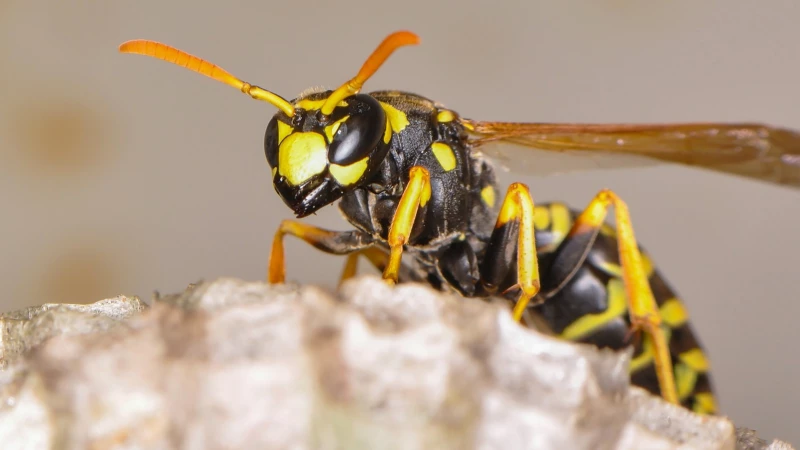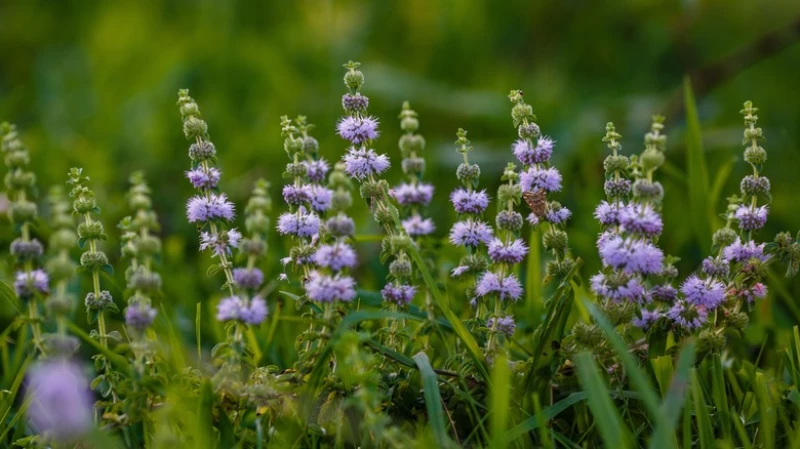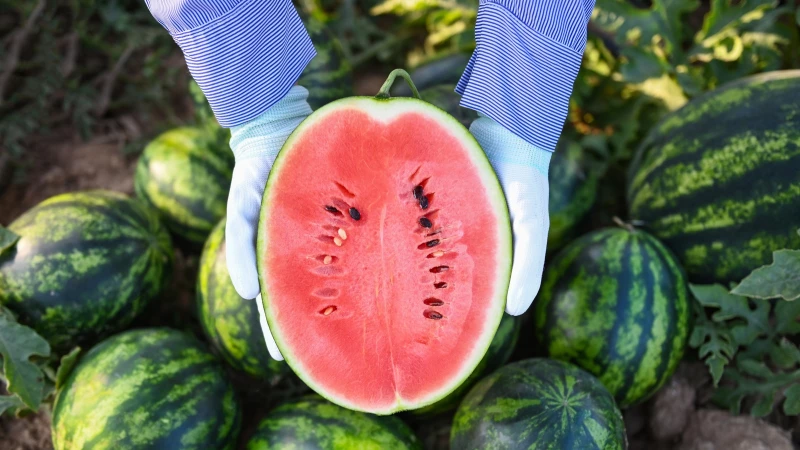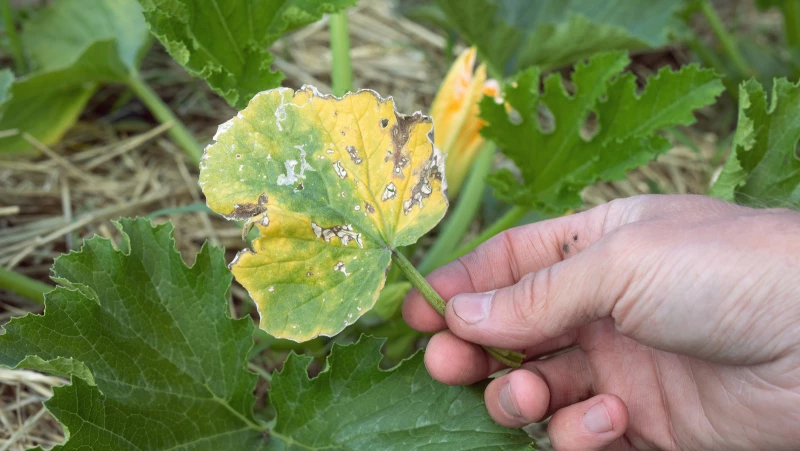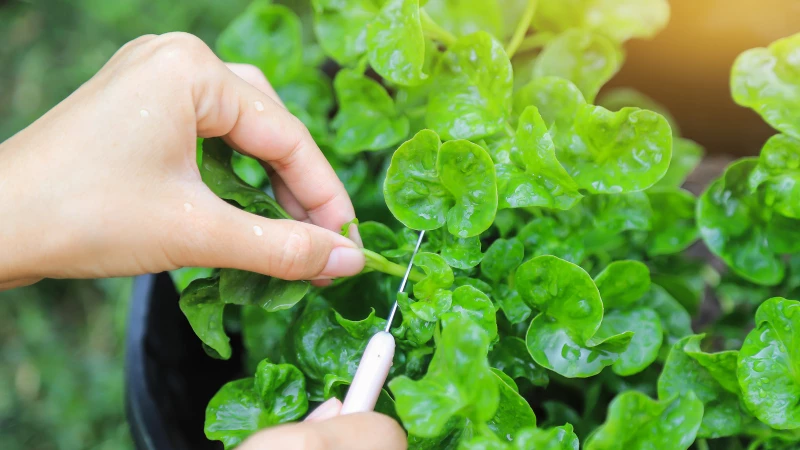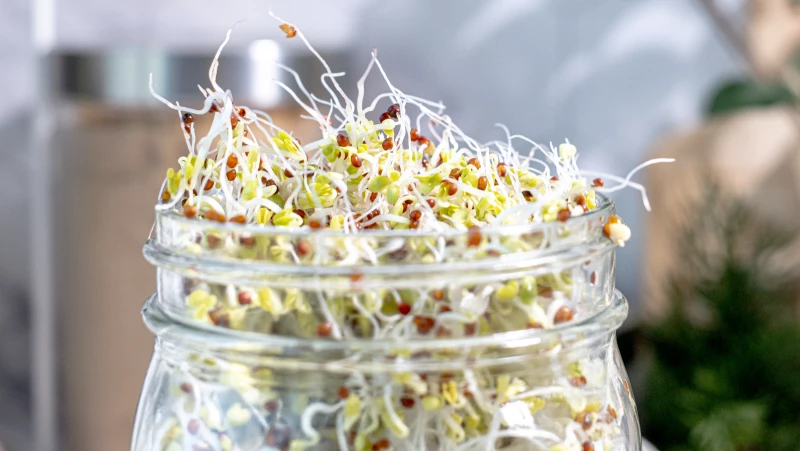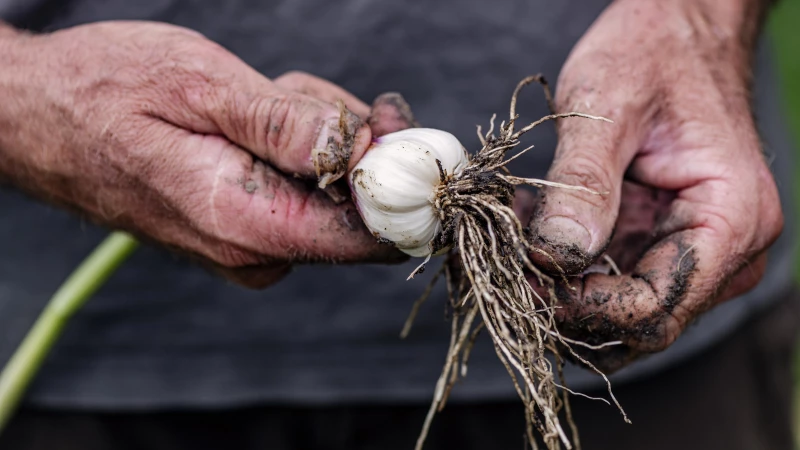Wasps, while important for the environment, can also be a nuisance. Dealing with aggressive wasps in your yard can be unpleasant and even dangerous for those who are allergic. But fear not, you can still enjoy your outdoor space by planting natural repellents. Pennyroyal, a fragrant herb known for its ability to deter insects, is a great option to keep wasps at bay.
Wasps, much like ants and bees, are part of the Hymenoptera order. While some wasps, such as parasitoid wasps that help maintain gardens by controlling pests, do not sting, many other species have stings that can be quite unpleasant. Hornets, yellow jackets, and paper wasps are among the most common wasps known for their stings, with yellow jackets being the most notorious. These insects tend to be more aggressive in late summer and are often attracted to food and sugary drinks, causing disruptions at picnics. Hornets, yellow jackets, and paper wasps are social creatures that build nests, so if you notice a large number of them in your yard, be sure to check for nests. If you find a hornet nest near your property, it is advisable to either carefully spray and remove it yourself or seek professional help for its removal. Remember to wear protective clothing when dealing with wasp nests.
Growing pennyroyal
Both European pennyroyal (Mentha pulegium) and American pennyroyal (Hedeoma pulegioide) have long been known for their intense menthol fragrances and potential medicinal properties. However, it has been discovered that both plants are toxic to the liver, making internal use of pennyroyal strongly advised against. Therefore, if you have these plants and pets or young children, take extra precautions. Despite its toxicity, pennyroyal is valued for its ability to repel various pests, including wasps.
Belonging to the mint family, both types of pennyroyal are low-maintenance plants that thrive in sunny areas and can tolerate rocky soil. American pennyroyal typically prefers slightly drier soil compared to its European counterpart, which thrives in moist conditions. European pennyroyal is suited for USDA zones 6 to 9, while American pennyroyal generally thrives in zones 5 to 9.
Using pennyroyal to repel wasps
When it comes to keeping pesky wasps at bay, American and European pennyroyal plants are a great solution. These plants have a tendency to spread aggressively, so it's best to grow them in containers to prevent them from taking over your garden like other types of mint. By creating a wasp-repelling container garden in your outdoor space, such as your patio, you can enjoy a wasp-free picnic while adding beauty to your surroundings. Along with pennyroyal, consider planting classic flowers and herbs like marigolds, basil, and even peppermint, which is known for its ability to repel wasps.
If simply having these plants in containers isn't enough to deter wasps, you can try crushing a few pennyroyal leaves to release their essential oils. A study by the Society of Chemical Industry revealed that pennyroyal essential oil is highly effective in repelling paper wasps and yellowjackets. Not only does pennyroyal keep unwanted insects away, but it also attracts beneficial ones. The flowers of pennyroyal have been known to attract helpful syrphid flies.

